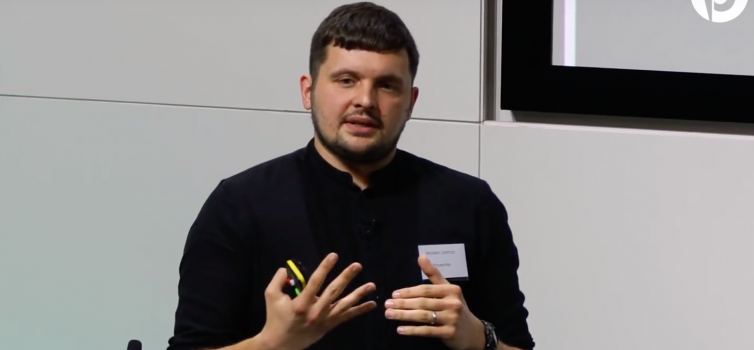Sormaz appointed as Leicester's first Head of Football Analytics

Sormaz starts in his new role tomorrow
Written by Simon Austin — April 28, 2019
MLADEN SORMAZ has been appointed as Leicester City’s first Head of Football Analytics.
The Foxes advertised the role in November and Sormaz, who begins work with them tomorrow, will be responsible for providing “data driven insights” into performance, recruitment, sports science and medical.
He told TGG: “I’m really excited to get going. Leicester have a very talented staff and I’m keen to be a part of that expertise and energy. They are willing to invest in the process side of analytics - so not just focusing on what can be done tomorrow, but to build things from the ground up.
“They are ambitious and trying to push the club on to the next level.”
For the last year, Sormaz has worked full-time for the statistical analysis website Football Whispers, as well as doing one and a half days a week as a first team data analyst at Huddersfield Town.
He originally did a sport and exercise science with psychology degree at Leeds Beckett University, before converting to psychology at Sheffield Hallam. His PhD, at York University, was in Modelling Neural Brain Responses and Pattern Recognition.
“Statsbomb gave me the chance to do my first football analysis blog and then Joe Mulberry ran a hackathon about three years ago, which was the first time I’d really watched football data," he explained.
“I’m very grateful to both of them - and to Football Whispers and Huddersfield Town for the opportunities that they’ve given me.”
Sormaz will mainly be involved with first team and performance data initially, although his remit will expand when the club moves into its new £100m training ground, which is scheduled to happen in June 2020.
Data science is becoming an increasingly important area in elite football. Sevilla Sporting Director Monchi last week said “Big Data is the future of football,” while Liverpool have a four-strong research team comprising experts with PhDs in physics and mathematics.
Sormaz presented at the Opta Pro forum in March on how tracking data can be used to assess how movement and space create attacking opportunities. You can watch his session in the video above.




-1.png)





